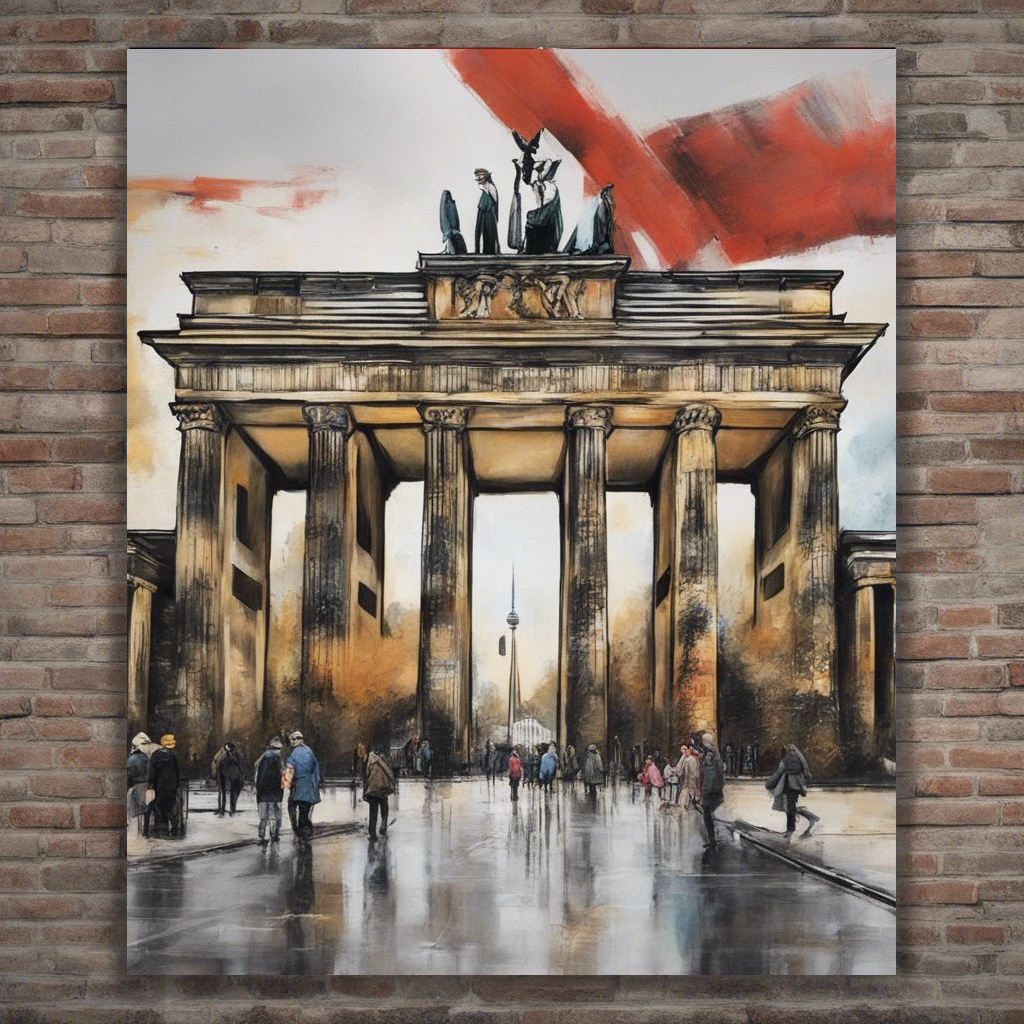Your cart is currently empty!
The Unification of Germany

Summary
The Unification of Germany occurred in the late 19th century. Led by Prussian Chancellor Otto von Bismarck, it involved the consolidation of various German-speaking states through wars, diplomacy, and political strategies. The process culminated in the formation of the German Empire after the victory in the Franco-Prussian War. This unification, orchestrated by Bismarck, had profound political, economic, and cultural consequences, shaping Germany into a powerful and influential nation.
Facts
Before unification, Germany comprised numerous small kingdoms and duchies, each with its own ruler and government.
Otto von Bismarck, the Prussian Chancellor, played a central role in the Unification of Germany.
Bismarck employed a combination of wars, diplomacy, and political maneuvers to unite the German states.
Economic development and modernization policies were pursued by Bismarck, contributing to Germany’s prosperity.
The Franco-Prussian War (1870-1871) was a pivotal event, resulting in the defeat of France and the formation of the German Empire.
The King of Prussia became the emperor of the newly formed German Empire.
The Unification established a strong, centralized government in Germany.
It fostered a national identity and paved the way for Germany’s growth as a major industrial and military power.
The cultural impact was significant, with German art, music, and literature gaining global prominence.
The legacy of the Unification of Germany continues to influence the country and the world.
by
Tags: